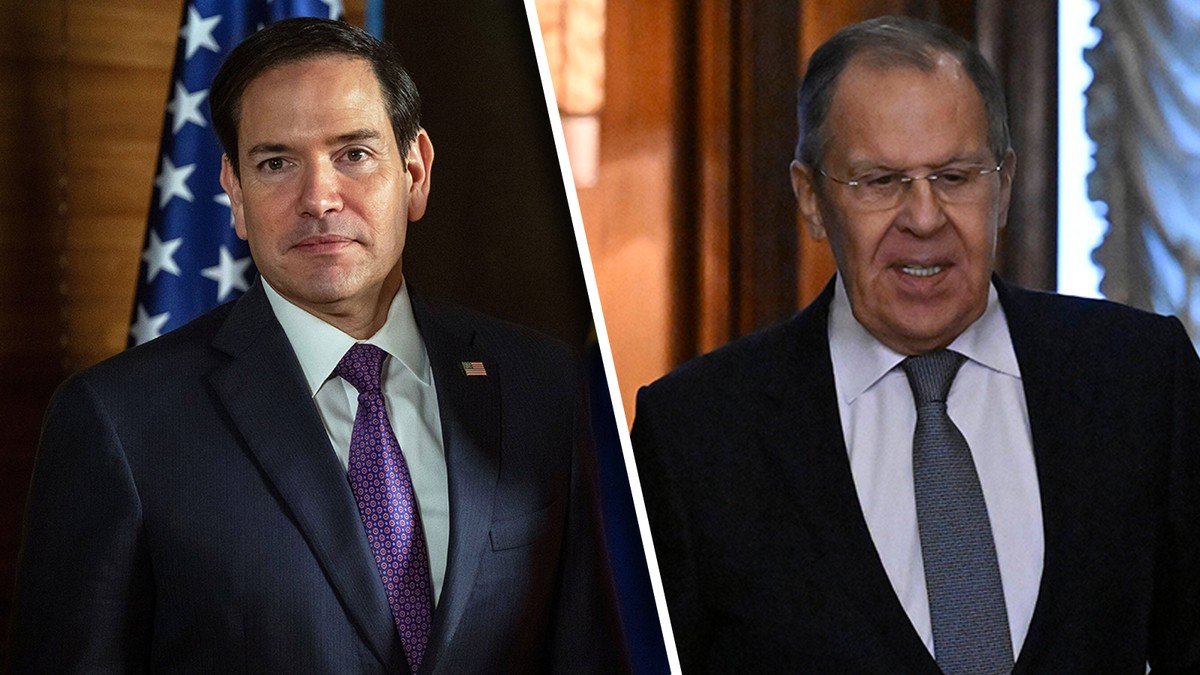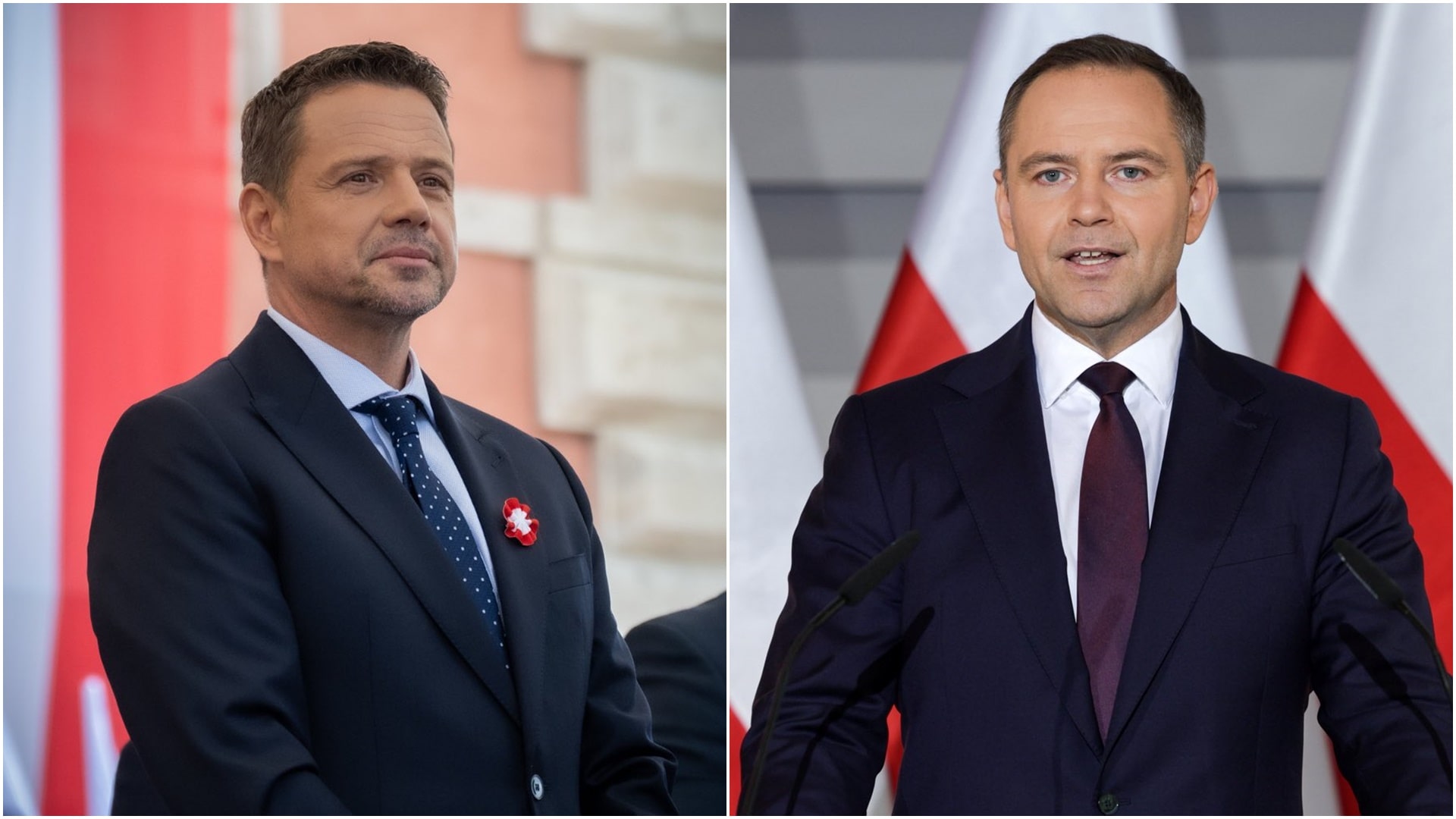The recent high-level discussions between the United States and Russia in Riyadh have concluded, leaving many questions about the future of global diplomacy and the ongoing war in Ukraine. While the official statements suggest progress, deeper analysis reveals potential risks and consequences for Ukraine, Europe, and the broader geopolitical landscape.
Key Outcomes of the Talks
Following negotiations between US Secretary of State Marco Rubio and Russian Foreign Minister Sergey Lavrov, both sides agreed to establish working groups aimed at ending the war in Ukraine as quickly as possible. Additionally, they have committed to future cooperation on issues of shared geopolitical interest and the creation of a consultative mechanism for handling sensitive bilateral matters.
Tammy Bruce, the US State Department spokesperson, emphasized that a single phone call or one meeting is insufficient to secure lasting peace. The negotiations were framed as the beginning of a longer diplomatic process, rather than an immediate breakthrough.
The Geopolitical Stakes
One of the most significant takeaways from the meeting is the acknowledgment that economic and investment opportunities in a post-war Ukraine could become a shared interest for both Washington and Moscow. This raises concerns about whether these discussions are primarily driven by economic incentives rather than ensuring Ukrainian sovereignty and security.
Marco Rubio stated that the European Union must be involved in the negotiations, given its role in imposing sanctions on Russia. However, the EU has not yet been formally invited to participate, which could further strain transatlantic relations. Meanwhile, speculation is growing about a potential meeting between Vladimir Putin and Donald Trump next week in Riyadh. While Kremlin advisor Yuri Ushakov downplayed this possibility, its mere consideration suggests a shift in diplomatic priorities.
What This Means for Ukraine
For Ukraine, the outcomes of these talks present a mix of hope and concern:
- Hope for Peace: The formation of diplomatic teams to work on conflict resolution might accelerate efforts toward ending hostilities. If negotiations lead to a ceasefire, Ukraine could avoid further destruction and casualties.
- The Risk of Forced Concessions: Without direct Ukrainian participation, any agreements made between the US and Russia could pressure Kyiv into accepting unfavorable terms, such as territorial concessions or limitations on its sovereignty.
- Uncertain Future Guarantees: Donald Trump has positioned himself as a leader aiming to ensure the war does not resume within 2-3 years. However, without concrete security guarantees, Ukraine could face renewed aggression from Russia in the future.
Implications for Europe
Europe is at a crossroads. While the US insists on European involvement, Washington has taken the lead in negotiating with Moscow, sidelining key EU stakeholders. If European nations are not brought into the decision-making process soon, they may find themselves forced to accept terms that do not align with their security priorities.
Additionally, any deal that does not include Ukraine’s direct involvement risks weakening the legitimacy of international diplomatic frameworks. If major powers continue to negotiate over the fates of smaller nations without their participation, it sets a dangerous precedent for future conflicts.
Is This a Repeat of 1945?
The situation bears striking similarities to the post-World War II agreements in 1945, where decisions were made about Eastern Europe without the input of the nations most affected. Just as Poland was forced into the Soviet sphere of influence due to deals struck by larger powers, Ukraine could face similar challenges if these negotiations do not prioritize its sovereignty.
Conclusion: A Cautious Path Forward
While the Riyadh talks signal a potential diplomatic breakthrough, they also introduce new risks. The exclusion of Ukraine from direct negotiations could undermine its position, and the lack of EU involvement could strain alliances. As discussions continue, it is crucial that Ukrainian and European voices are heard to prevent a resolution that prioritizes geopolitical strategy over justice and lasting peace.
The coming weeks will determine whether these negotiations mark the beginning of the end of the war—or a new chapter of strategic maneuvering with unpredictable consequences.





